I’ll admit, there was a certain little thrill the first time I passed my boards and earned the opportunity to add the letters “IBCLC” after my name. I worked hard to achieve the distinction of “Internationally Board-Certified Lactation Consultant”: Long hours studying at the corner cafe. Classroom days with my fascinating peers. Hospital and home-visit clinical hours - first observing and learning from seasoned lBCLCs and then stepping in and literally getting my hands wet (water and breastmilk!) so I could demonstrate my skills to my mentors for constructive feedback. Case studies and discussions. Conference attendance for edifying continuing education credit to maintain my credential. The list goes on. I enjoyed (almost) every minute of it because I was learning something I loved that tapped into my innate sense of offering guidance and support to an amazing population. The fact that I did all of this while simultaneously breastfeeding an infant of my own (85% of the time - I put her down when I was doing my clinical hours!) gives me an even greater sense of pride and accomplishment. I earned those letters through grit, determination, and little sleep, and am honored that I get to put the definition of the same to good use as the years have gone by.
But what do those letters mean in the larger context of breastfeeding support? Fortunately, there are several ways new parents can receive help and guidance from a variety of breastfeeding professionals with varying levels of education and practice. Not all situations require the support of an IBCLC, although many do find the most comprehensive credential gives them not only the most thorough evaluation of their situation but the peace of mind knowing they are engaging with a professional trained at the highest level of care.
I one hundred percent believe that lactation support and care should be available to as many new parents as possible and the wider the net we can cast with the various certifications to allow for this is best. I also believe that we all should be savvy consumers, especially when it comes to something as intimate and critical as how you feed your baby. Many new parents have no clue regarding the levels of support available to them, so I wanted to share this information with you so you can educate yourself on the options and make the most informed choice for you and your family.

